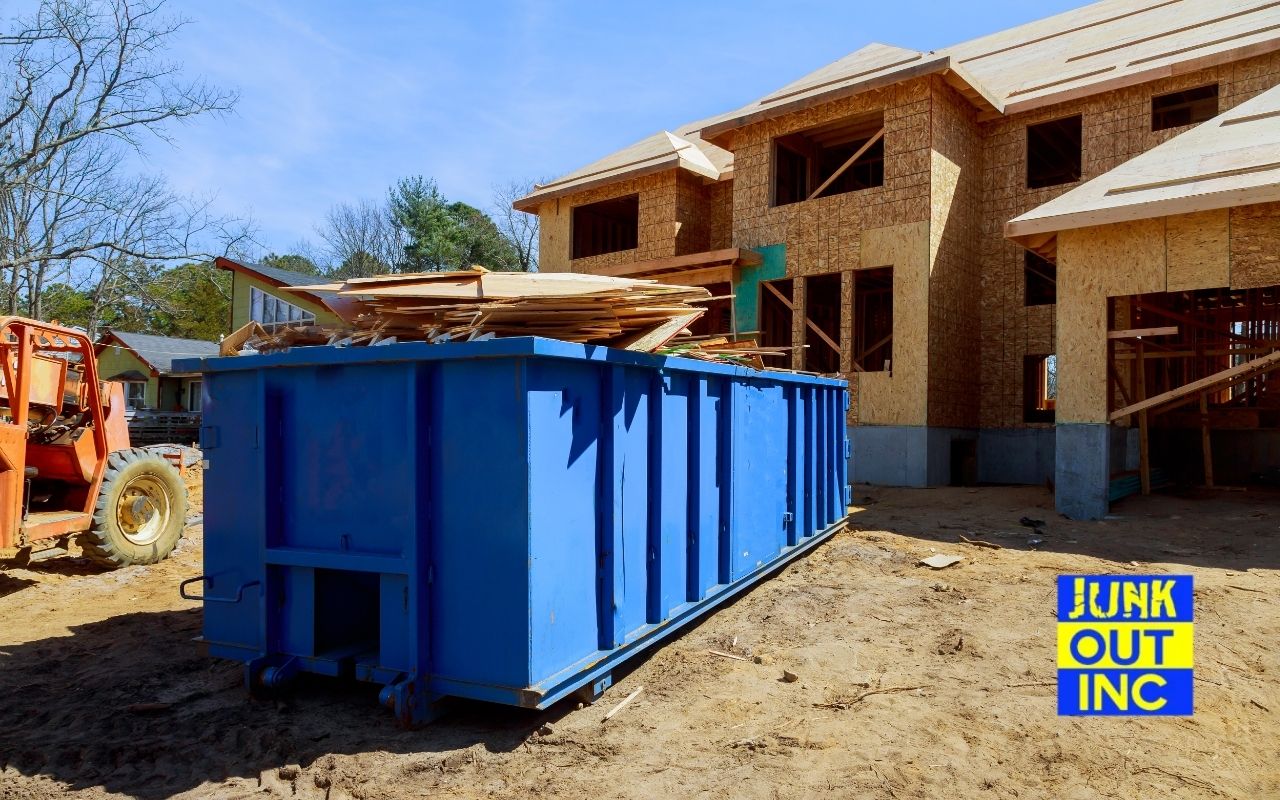
Smart Solutions: How To Dispose Of Construction Debris Efficiently
Every year, the construction industry generates millions of tons of debris worldwide. This waste poses a daunting challenge for builders and renovators.
As urban spaces grow, the need for innovative solutions becomes urgent. How can we balance development with sustainability? Smart disposal strategies help declutter your site and protect the environment.
Embarking on a renovation or construction project can be exciting, but the aftermath often leaves property owners puzzled by debris.
Knowing how to dispose of construction debris is crucial. From dumpster rental to professional junk removal services, this guide explores smart ways to manage waste.
Join us as we delve into efficient debris management, ensuring your project closes as smoothly as it began.
Dumpster Rental vs. Junk Removal Services: Which Is Right for You?
When deciding how to dispose of construction debris, consider dumpster rental versus hiring a junk removal service.
Dumpster rental provides a large container delivered to your site for continuous loading. It’s ideal for projects where debris accumulates gradually.
You can select the container size for your renovation debris needs and keep it on-site until pickup. Conversely, junk removal services handle all lifting and transportation for you.
If you prefer not to manage sorting or permits, a professional crew will arrive, load materials, and haul them away. This service saves time and effort.
The choice depends on budget, project scope, labor, and how hands-on you want to be in the disposal process. Learn more about junk removal services here.
Benefits of Construction Waste Recycling
- Environmental Conservation: Recycling construction waste conserves natural resources and reduces greenhouse gas emissions.
- Cost Savings: Reusing materials like steel, concrete, wood, and asphalt lowers raw material costs. Municipal incentives may reduce disposal expenses.
- Corporate Responsibility: Recycling demonstrates commitment to sustainability and ethical business practices.
- Regulatory Compliance: Recycling helps companies adhere to local regulations and avoid fines.
- Enhanced Brand Reputation: Embracing recycling builds trust with clients and stakeholders, attracting eco-conscious customers.
Sorting and Segregating Debris: Best Practices
Efficient sorting of construction waste promotes a cleaner work environment and simplifies disposal.
Renovation debris removal can be streamlined by categorizing materials based on recyclability. Prioritize recycling to reduce landfill contributions.
By adopting best practices, construction sites contribute to eco-friendly waste management. Understanding how to dispose of construction debris responsibly is key.
Complying with Local Regulations: Waste Disposal Guidelines
Navigating regulations is essential when figuring out how to dispose of construction debris legally. Local, state, and federal agencies may have specific rules.
Consult your city or county waste management department for permits and guidelines. Some materials, like asbestos or lead-based paint, need specialized handling.
Partner with licensed haulers and certified recycling centers to simplify compliance and maximize economic benefits. Stay informed to avoid legal issues.
Innovative Technologies for Construction Debris Management
Technology transforms how to dispose of construction debris, making it faster and safer. Mobile recycling units crush concrete on-site for reuse.
Drones can map debris volumes and optimize collection logistics. AI and robotics improve sorting efficiency and worker safety. Blockchain tracks recyclable materials, ensuring transparency.
Adopting these technologies reduces labor, errors, and landfill reliance while increasing recycling rates.
Repurposing Construction Waste: Creative Solutions
Repurposing debris offers creative opportunities. Wooden beams become furniture or wall panels. Crushed concrete forms driveways or pathways.
Brick and tile fragments can become mosaics or garden stones. Gypsum drywall scraps improve garden soil. Collaborate with local artisans to give materials a second life.
Plan repurposing during design, integrate modular components, and document projects to highlight sustainable practices.
Cost-Effective Disposal Methods for Small-Scale Projects
- Renting Small Containers: Mini-dumpsters hold 1–5 cubic yards, ideal for small remodels or deck removals.
- Local Transfer Stations: Save on disposal costs by using transfer stations for mixed debris. Coordinate shared dumpsters with neighbors or contractors.
- Hauling Debris Yourself: Rent a pickup truck or trailer to drop off debris at disposal sites. Manual labor is required but offers flexibility.
Frequently Asked Questions
What is the best way to dispose of construction debris?
The best approach depends on project size. Dumpster rentals suit ongoing debris, while junk removal services offer full-service convenience.
Can construction debris be recycled?
Yes. Materials like concrete, wood, metal, and drywall can be recycled, reducing landfill waste and saving costs.
Are there regulations for construction waste disposal?
Local, state, and federal regulations exist. Hazardous materials require specialized handling and permits. Partner with licensed haulers to ensure compliance.
How can small projects manage debris efficiently?
Use mini-dumpsters, local transfer stations, or haul debris to drop-off sites yourself. Sorting and recycling maximize efficiency and sustainability.
Embracing Efficiency and Sustainability in Construction Debris Disposal
Efficiency and sustainability require planning, technology, and responsibility. Create a waste management plan outlining recycling, repurposing, and safe disposal goals.
Train team members, leverage past data, and refine strategies. Prefabrication and modular techniques reduce on-site waste. Work with vendors offering eco-friendly programs.
Smart solutions, including dumpster rental, junk removal, recycling, and upcycling, benefit your project and the environment. For professional assistance, contact us today.
